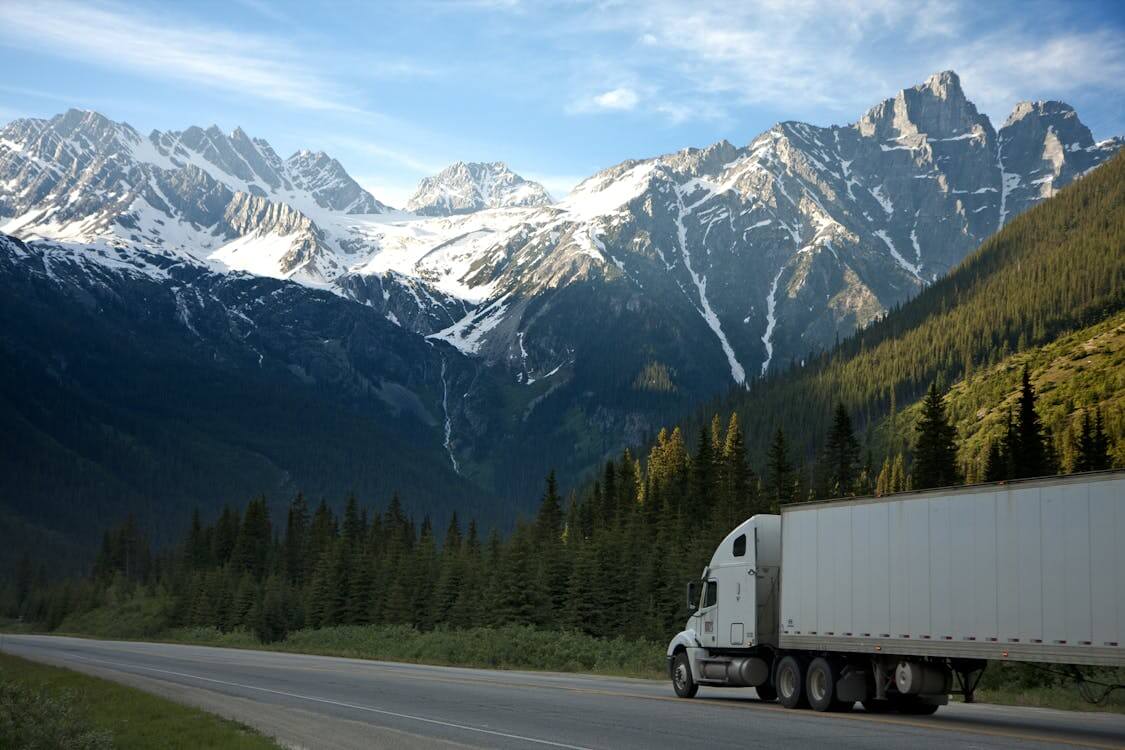The ultimate HGV Driver career guide

Are you considering a career as a HGV (heavy goods vehicle) driver but aren’t really sure what that involves? Here at PPR Recruitment, we’re committed to matching the best people with their ideal career opportunities. Here’s a handy guide that explores what an average working day looks like for a HGV driver, what licences you’ll need and where to go next.
What training do I need to work as a HGV driver?
The first thing you need to become a HGV driver is to already have a standard car driving licence, so you can apply for your HGV provisional licence. You will then need to undertake the Driver CPC (Certificate of Professional Competence). This proves that you are capable to be responsible for a heavy goods vehicle and if you drive without one, you could be dealt hefty fines and even jail time. Every five years you must have medical check-ups and undertake 35 hours of training to keep your CPC up-to-date. The CPC involves four tests that judge the drivers theoretical and practical capabilities to drive a HGV. The first section involves a multiple choice test and hazard perception, much like the standard driving test. The second involves case studies that you will be questioned on. The third stage will be a practical driving test, while the final will be another practical test where you check your vehicle for safety as well as how to safely load and unload and to check for trafficking in your vehicle.
Training can take anywhere from a few days to several weeks and this will include theory, safety and practical skills. A health check is also included. Every five years some of this training will need to be repeated.
What is an average day like as a HGV driver?
The first stage of your day will be checking over your vehicle, which should be done before the start of every working day. From checking the tyre pressure and fluid levels to assessing if any damage has occurred overnight. Though it’s rare that someone will have broken into the HGV, long haul drivers can be targeted by traffickers so this is important to look out for.
Loading up your vehicle is the next step and most companies will expect you to be responsible for this. Training on how to lift heavy loads correctly and how to use specialist loading equipment will be provided in your training.
Naturally, driving is the main aspect of the job, so if you don’t enjoy that then this might not be the career path for you – but if you do, you’re in luck! It can be a pretty solitary experience but this gives you the perfect opportunity to enjoy your own company, listen to your own music and best of all, you control your own timetable. As long as you deliver the goods on time and take breaks at the right time (so as to not break any drive time limits) you can go at your own space. You choose the route, speed and when you eat and rest.
At your destination, you’ll unload the goods. In some cases you might be taking goods back the other way but otherwise it’s time to go back home.
What are the different HGV licences?
There are many different types of HGV vehicles, so here are the main licences you may come across:
- A Class 1 or Category C + E licence enables the driver to operate a vehicle of 7.5 tonnes or more where the trailer can be separated from the vehicle.
- A Class 2 or Category C is for any HGV more than 7.5 tonnes where the cab and trailer do not come apart.
- A Category C1 licence enables the driver to operate a HGV more than 3.5 tonnes but less than 7.5.
- An ADR Licence allows the driver to carry goods considered dangerous, such as fuel.
The UK’s leading technical recruiter
If this sounds like something that suits you, why not visit us online to upload your cv, see what HGV driver jobs we have available, or give us a call on 01895 808188 to talk to our recruitment experts who can help you on your career journey. Alternatively, if you’re looking to hire HGV drivers, we can help find the right talent for your company. Our technical knowledge and industry experience makes us the first choice for many sectors and we do our utmost to keep up with industry developments and regulatory requirements.







